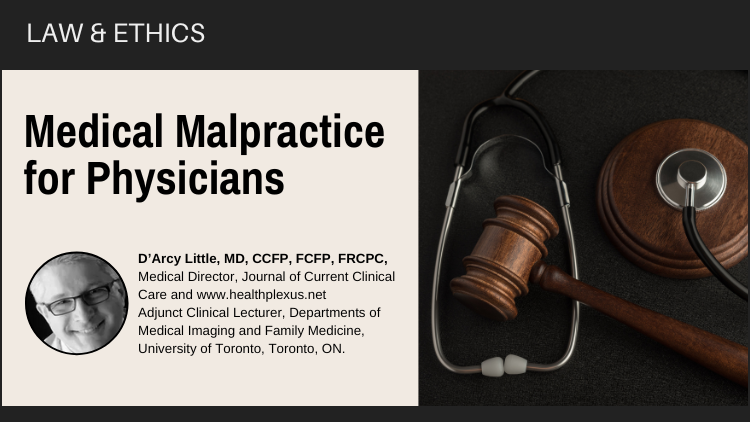Goran Eryavec, MD, FRCP, Medical Director, Geriatric Psychiatry and Memory Clinic, North York General Hospital; Assistant Professor, Department of Psychiatry, University of Toronto, Toronto, ON.
Gabriel Chan, MD, FRCP, Medical Director, Geriatric Medicine, North York General Hospital; Assistant Professor, Department of Medicine, University of Toronto, Toronto, ON.
Brian Hoffman, MD, FRCP, Chief of Psychiatry, North York General Hospital; Associate Professor, Department of Psychiatry, University of Toronto, Toronto, ON.
Discussing a diagnosis of cancer and obtaining consent to treat older patients can be difficult and challenging. Older cancer patients are often frail, and may have depression or cognitive impairment that brings into question their ability to cope with the diagnosis and their capacity to consent to treatment. Family members may be distressed and fearful of how the patient will cope with the cancer diagnosis. Physicians can be pressured to withhold the diagnosis. The evolution of informed consent, informed decision making, and shared decision making is reviewed along with consent and capacity to consent or refuse treatment legislation in Ontario. We present a case study illustrating these issues and discuss how physicians can cope with the complex clinical, legal, and ethical issues involved.
Key words: informed consent, capacity, older adult, cancer.

